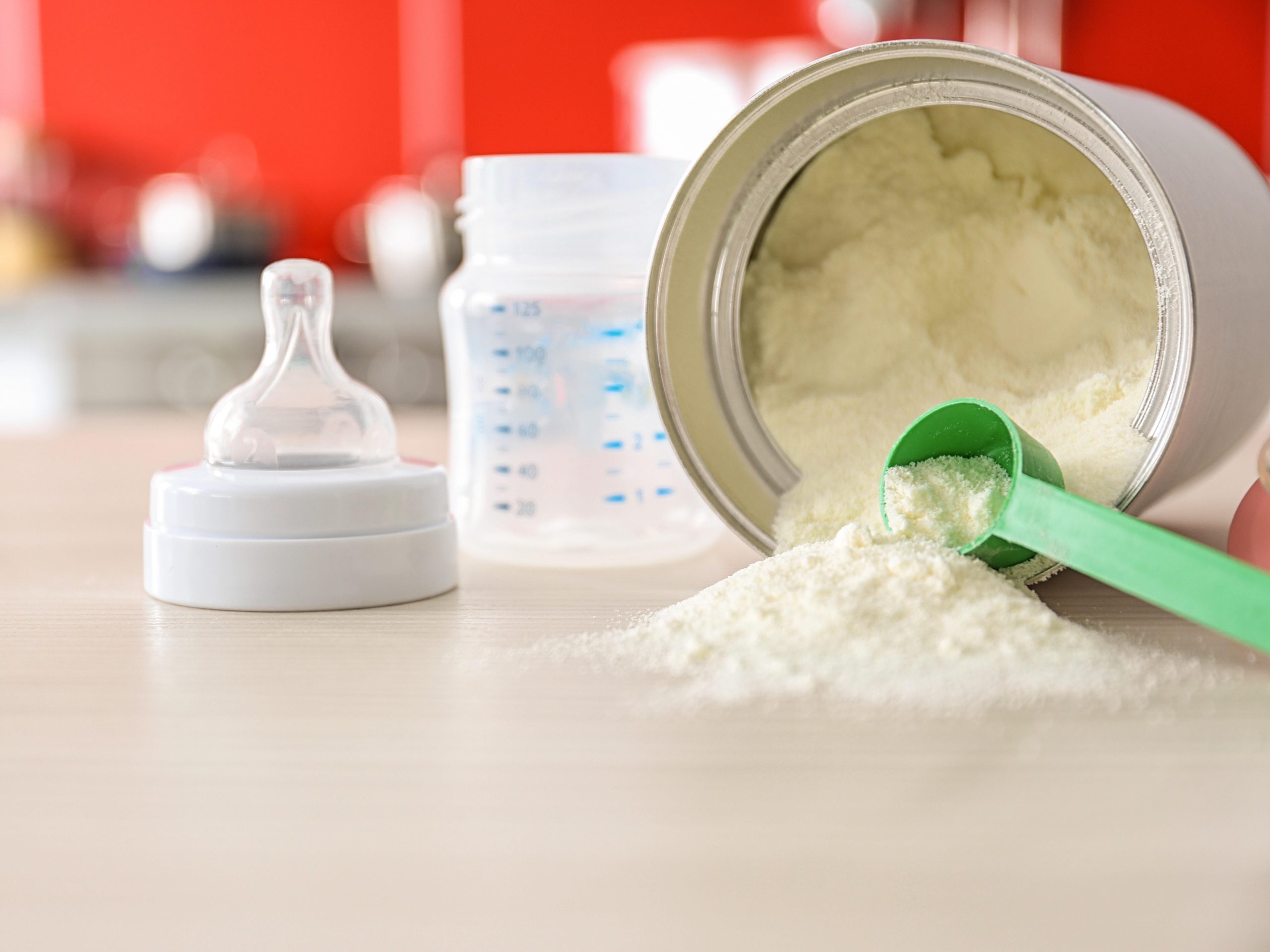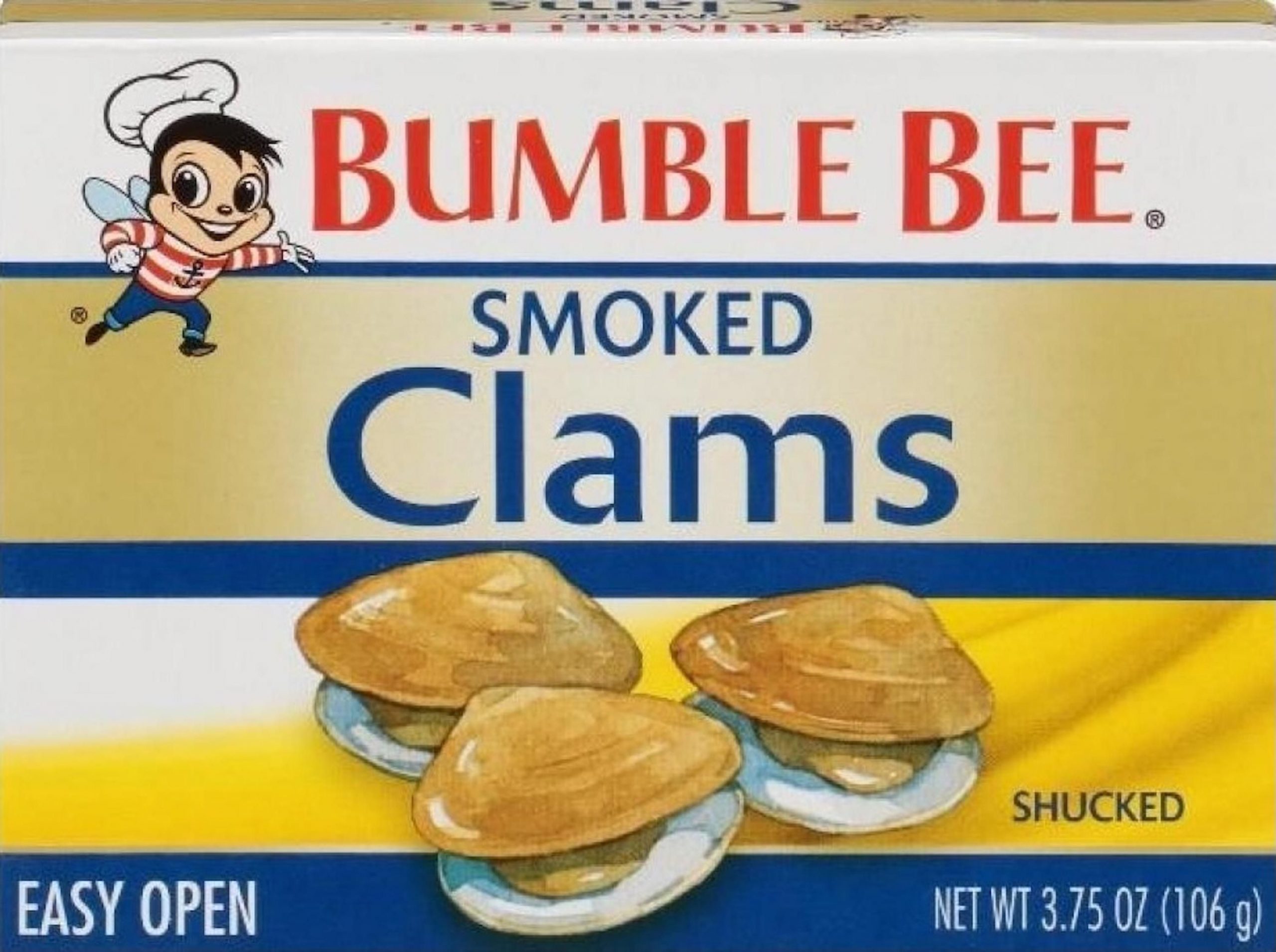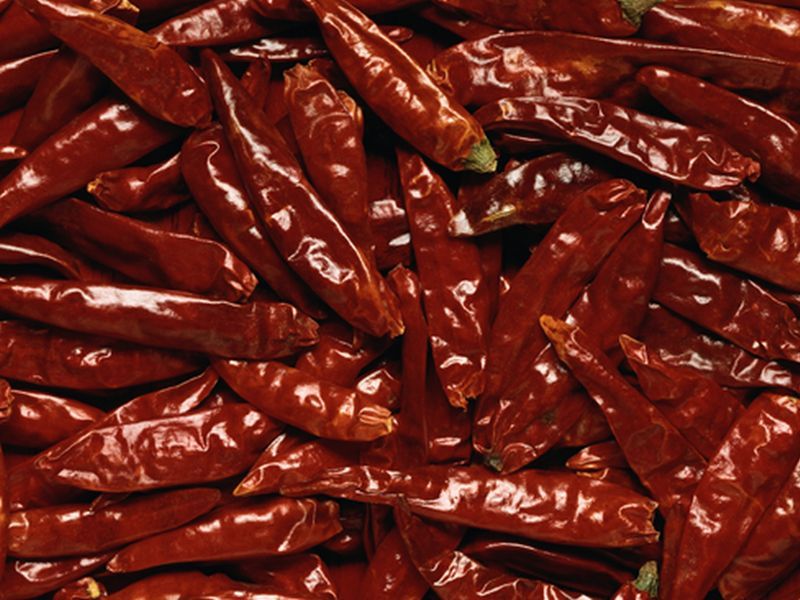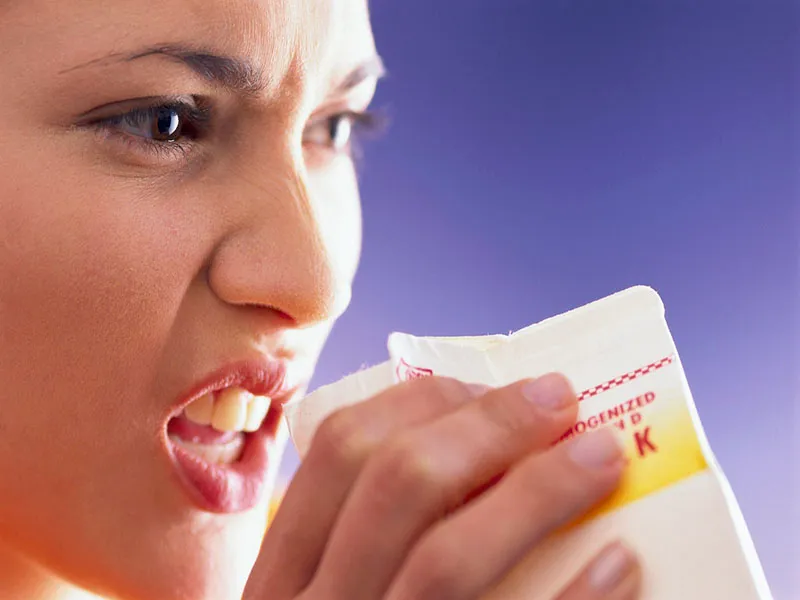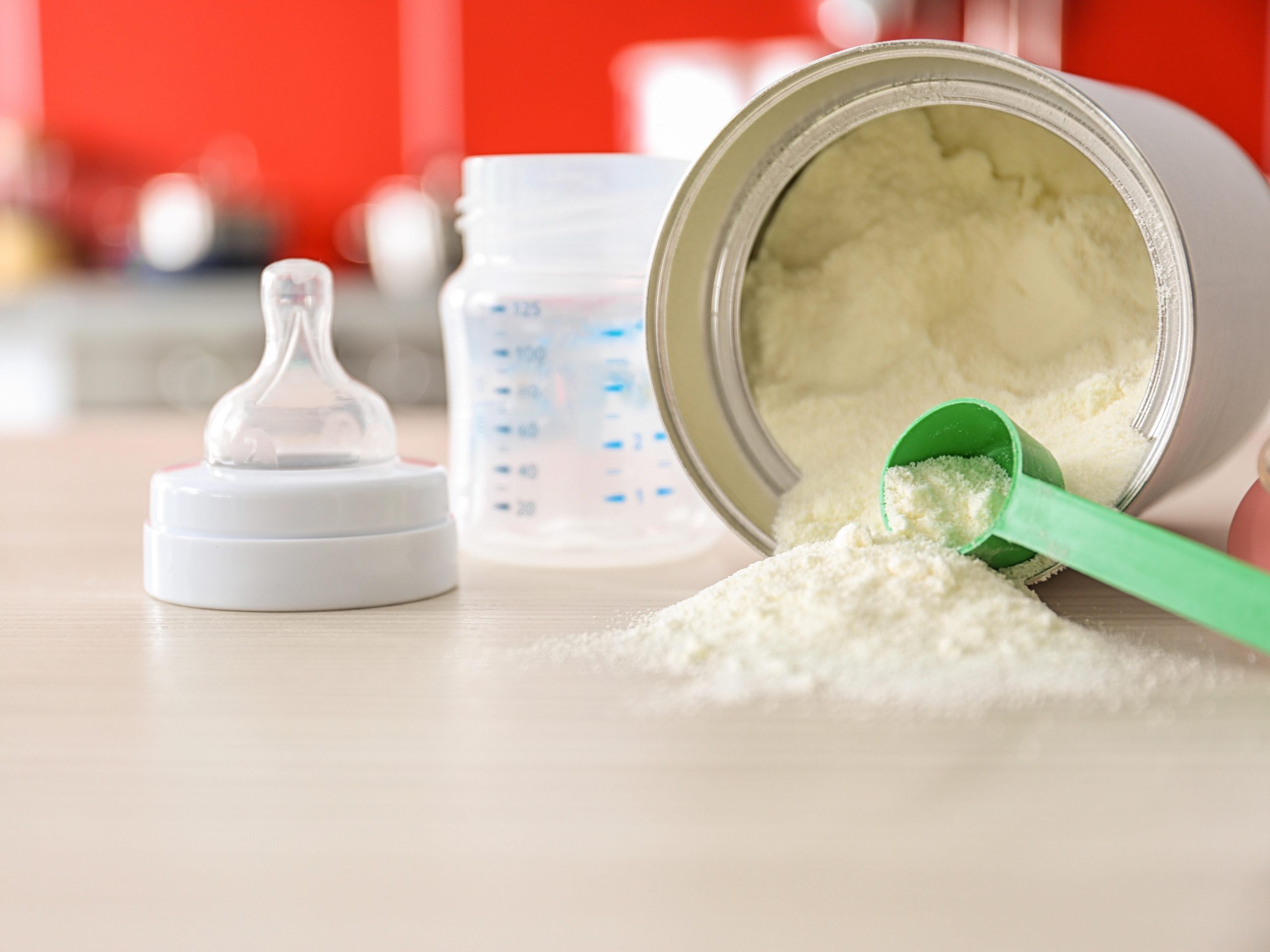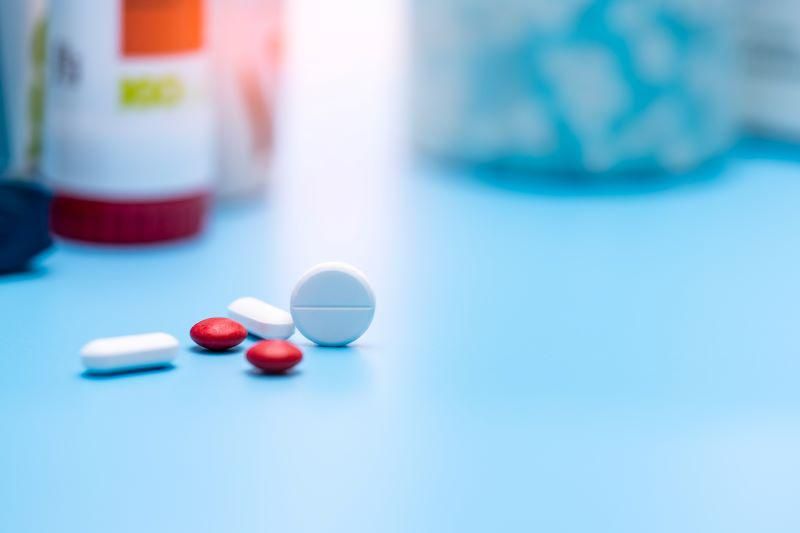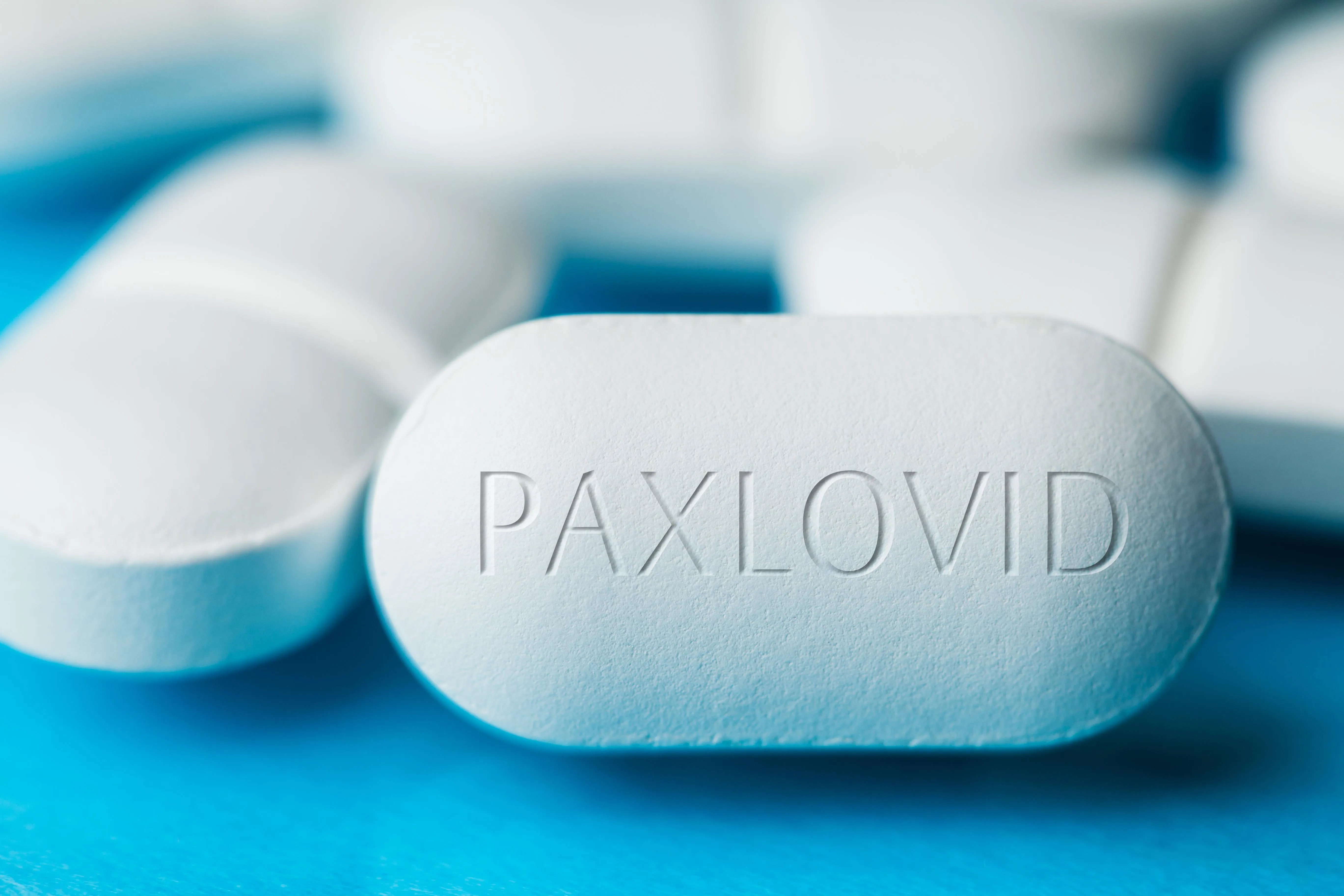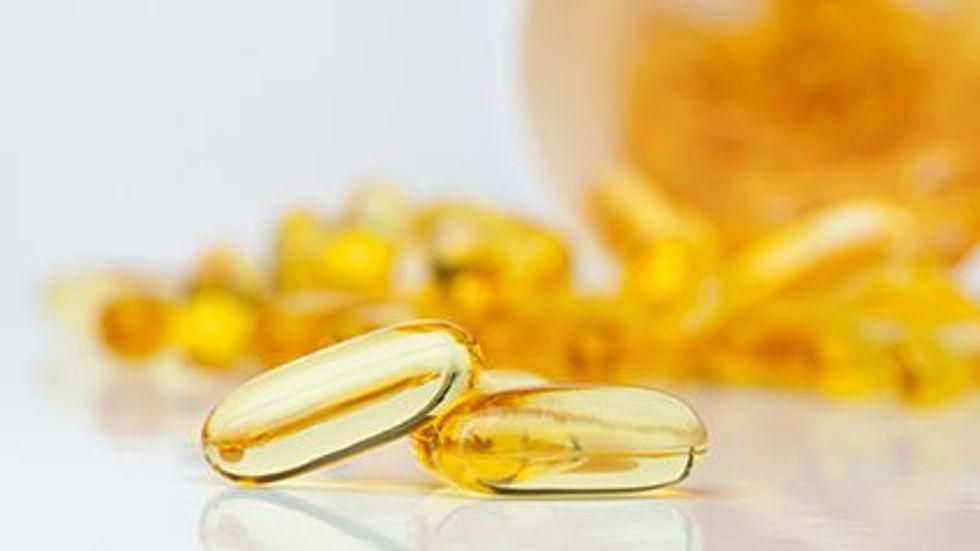
Genes can put some men at heightened risk of prostate cancer, but a new study suggests they can undo much of that potential harm with a healthy lifestyle. Researchers found that among men at increased genetic risk of prostate cancer, those who maintained a healthy lifestyle were much less likely to die of the disease… read on > read on >










